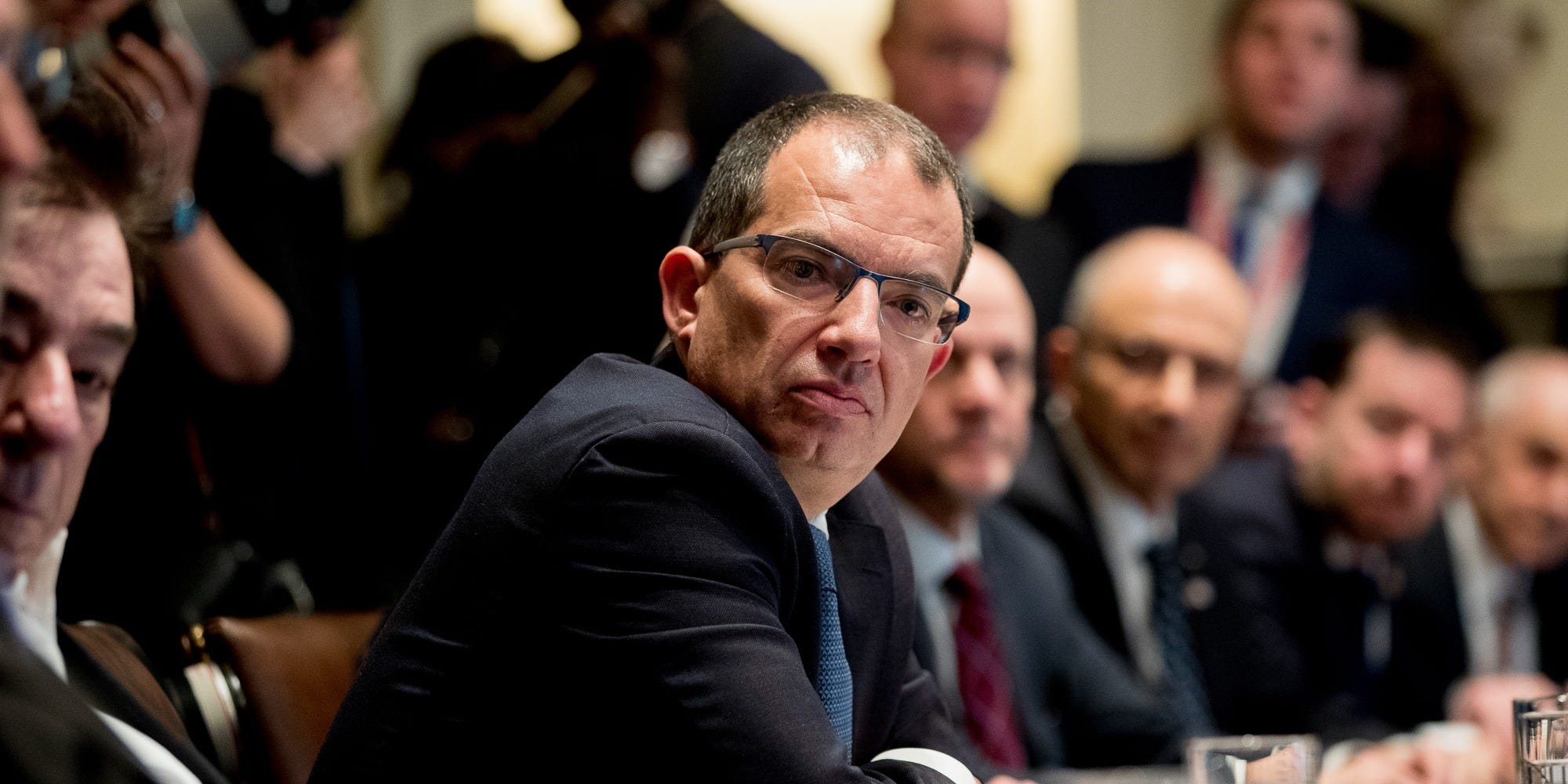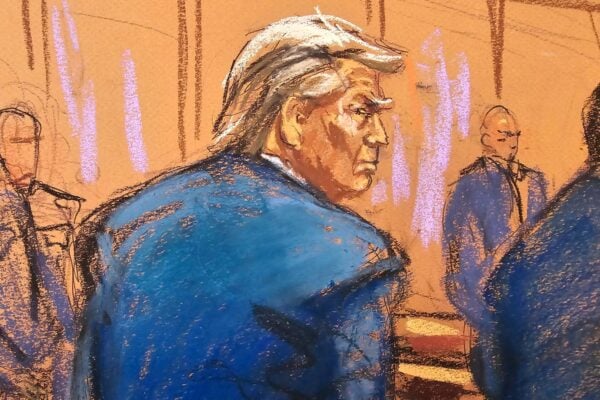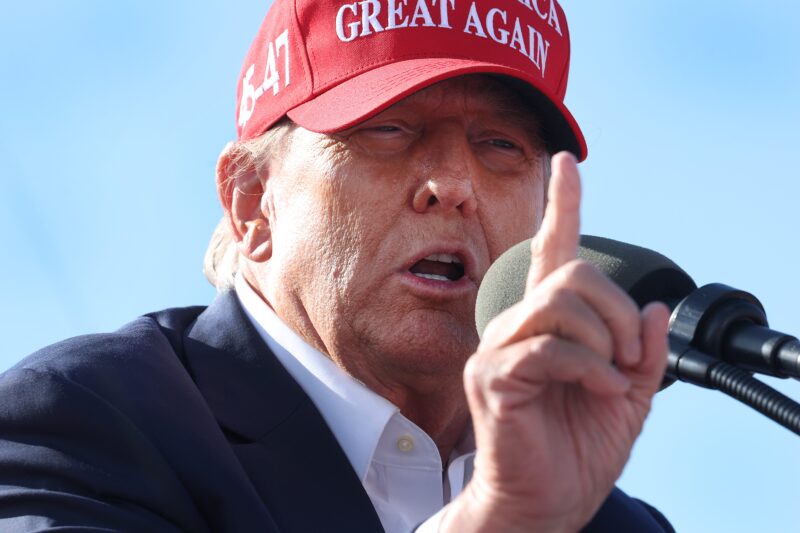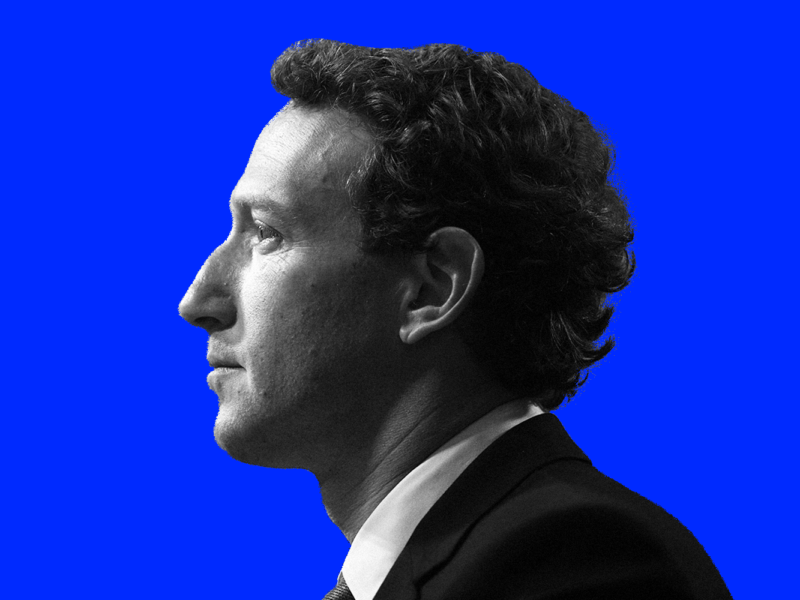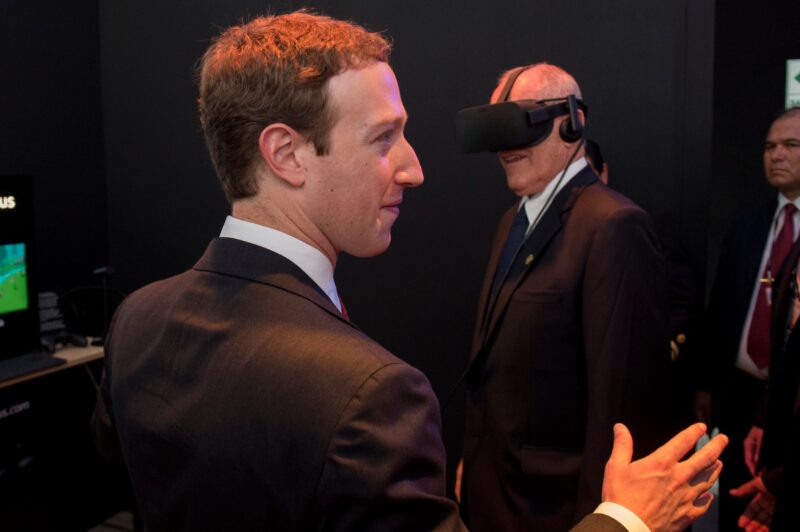In its short corporate history, Moderna has grown accustomed to breaking records.
A $450 million funding round in 2015 was a record for the biotech industry. Moderna raised even more the next year. And its 2018 initial public offering was the largest-ever for a biotech, raking in $564 million at a valuation exceeding $8 billion.
Then, this year, the coronavirus struck. Moderna lapped the drug industry in speedily crafting a coronavirus vaccine candidate, zooming past competitors that dwarf the company in size and resources. Moderna’s experimental serum was the first to begin human testing in mid-March. Now, the biotech is aiming to be ready this fall for emergency use, a development timeline without precedent.
In the process, Moderna has continued to do what it’s excelled at since its founding: woo investors with an ambitious narrative of creating a new class of medicines. The company’s vision can threaten to outpace the business fundamentals, particularly now, as the hopes of a coronavirus vaccine have swelled Moderna’s valuation to about $25 billion.
Last week alone, the company put out preliminary, yet seemingly positive data on its coronavirus vaccine. Then, it raised more than $1.3 billion by selling new shares to investors.
Moderna still has no approved drugs on the market. Instead, Moderna has pitched the world on its unproven technology that promises a new class of medicine - messenger RNA.
The next few months will transform Moderna, for better or worse. As the world waits on a vaccine to save itself from this pandemic, the biotech has become a household name and a leading hope. Moderna has long been one of the buzziest startups in the wonky world of biotech.
Now, in taking on the coronavirus, it has gone mainstream and become of the most consequential startups of all time. Is it ready for the moment?
In exclusive interviews, Business Insider talked to CEO Stephane Bancel, cofounders Noubar Afeyan and Robert Langer, and more.
